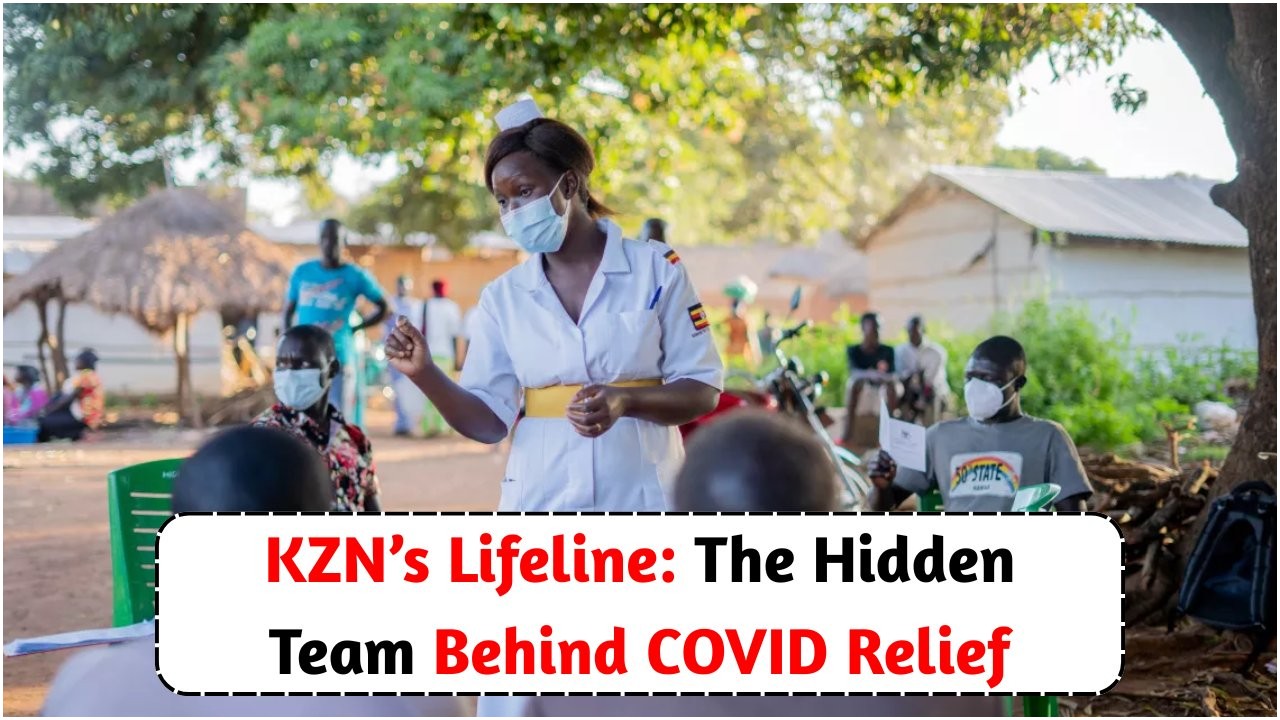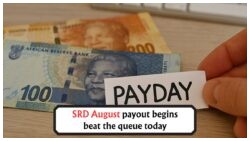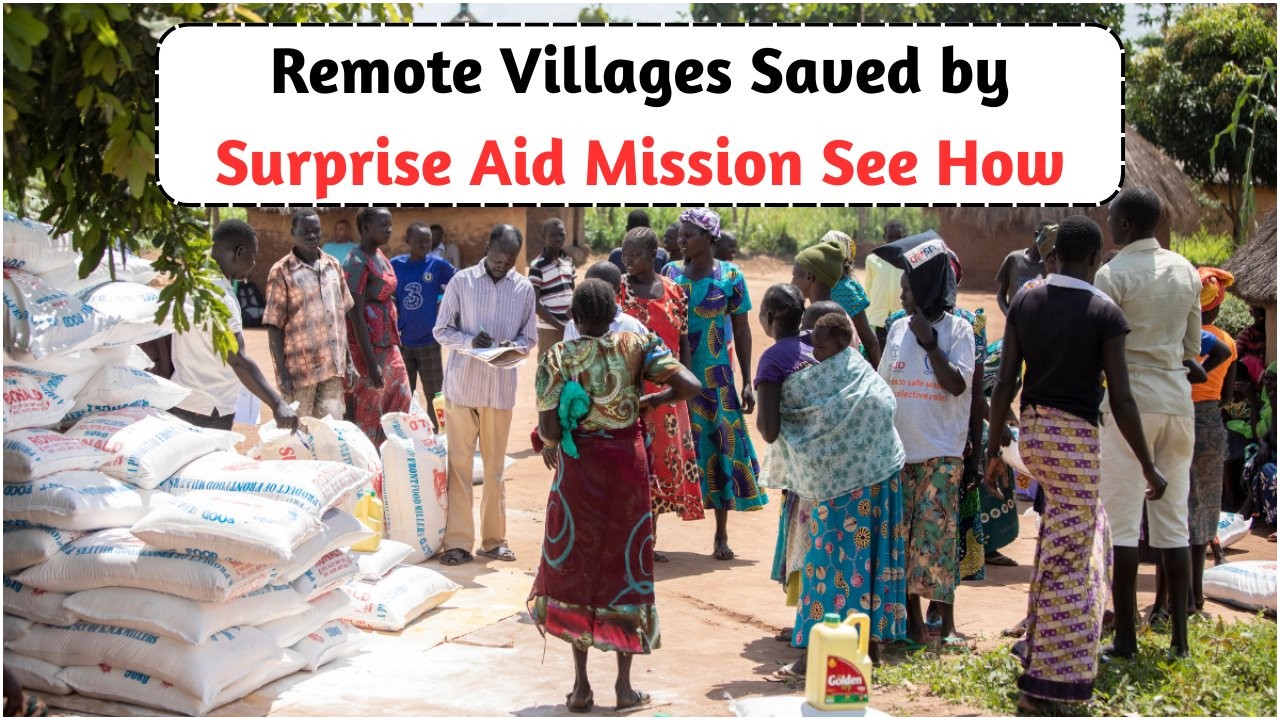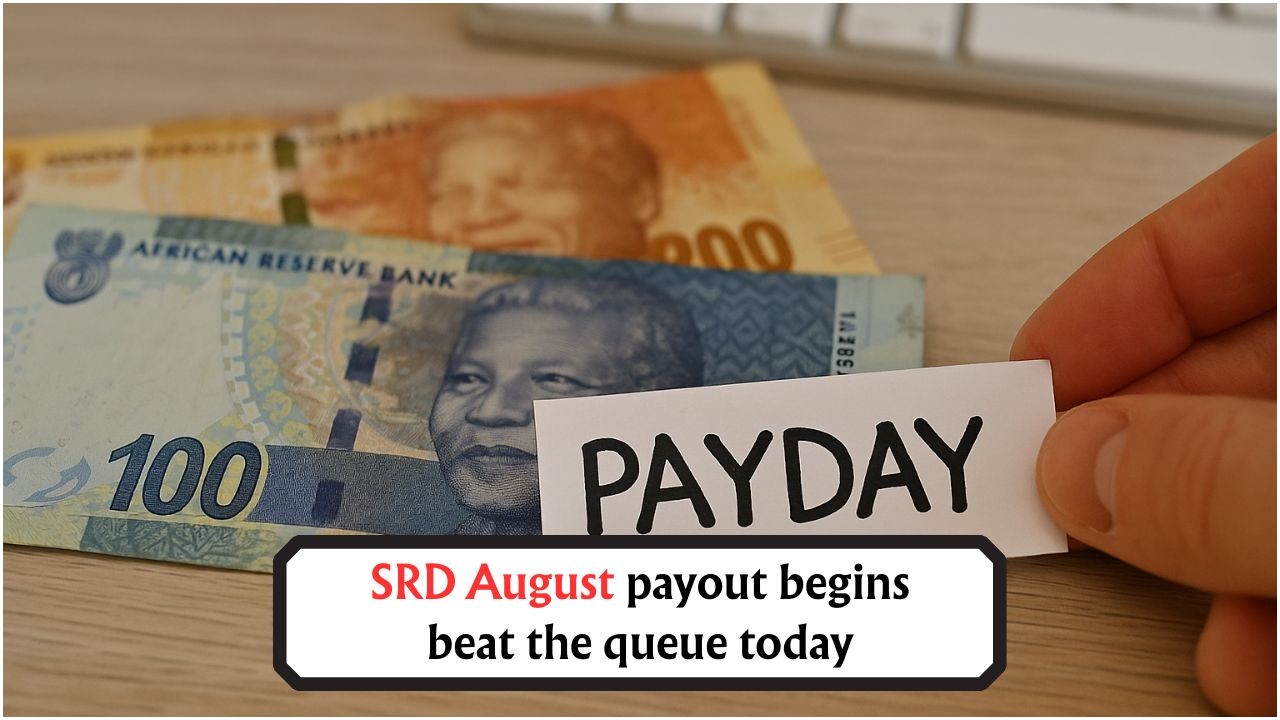COVID Relief – When the COVID-19 pandemic brought the world to a standstill in early 2020, South Africa, like many nations, was thrown into chaos. The healthcare system strained, economic activity halted, and vulnerable communities—particularly in provinces like KwaZulu-Natal (KZN)—were left to face the brunt of the crisis alone. But amidst the silence, fear, and government red tape, a remarkable grassroots movement was quietly taking shape. This is the story of Action in Isolation, the unsung heroes whose tireless COVID relief efforts saved thousands in KZN when no one else would.
KwaZulu-Natal at the Peak of the Pandemic
KwaZulu-Natal, home to over 11 million people, is one of South Africa’s most populous and diverse provinces. But it’s also a region marked by deep economic inequalities and strained healthcare services. During the peak of COVID-19:
- Hospitals were overwhelmed.
- Rural clinics lacked PPE and oxygen.
- Thousands lost their jobs, leaving families without food.
- Remote areas went days without government aid.
In such desperate times, immediate intervention was not a luxury—it was a necessity.
Birth of a Movement: What Is “Action in Isolation”?
“Action in Isolation” began as a small volunteer WhatsApp group in March 2020. Formed by educators, nurses, youth leaders, and retired social workers in Durban, their mission was simple yet powerful: bring immediate relief to those whom the system had forgotten.
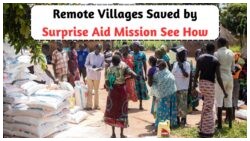 Hope on the Ground: Action in Isolation Brings Life-Saving Aid to Remote South African Villages
Hope on the Ground: Action in Isolation Brings Life-Saving Aid to Remote South African Villages
Within weeks, the group had grown to over 300 active volunteers spread across KZN. While many organisations were still navigating red tape or waiting for government funding, Action in Isolation was already on the ground:
- Delivering food parcels to remote villages
- Sourcing and distributing masks and hand sanitizers
- Checking in on elderly and disabled residents
- Organising mobile clinics for COVID testing
Feeding the Forgotten: Food Relief That Made the Difference
One of the most urgent crises in KZN was hunger. Lockdowns meant daily wage earners had no income, and school closures cut off access to meals for children.
Action in Isolation stepped in with:
- Over 200,000 meals delivered in 2020 alone
- Daily cooked meals in informal settlements like Umlazi and Inanda
- Food parcels with enough supplies to last a family 2 weeks
- Partnership with local farmers and grocery stores for fresh produce
Even more impressive? The volunteers used personal savings, community donations, and social media crowdfunding to fund the entire operation.
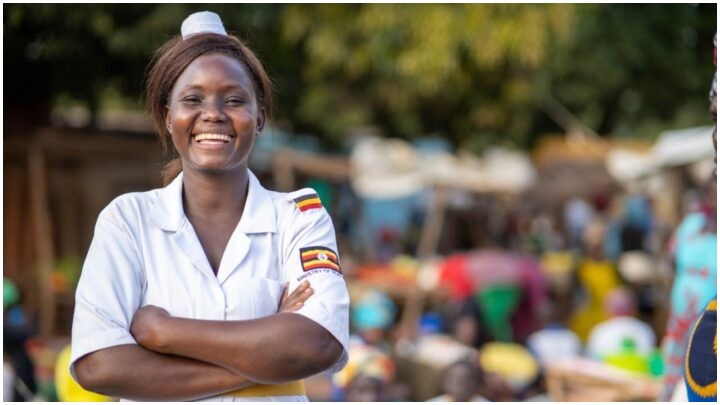
Health Support When Hospitals Were Out of Reach
As hospitals in Durban and Pietermaritzburg began filling beyond capacity, rural communities in northern KZN had little to no access to health support.
Action in Isolation launched:
- Mobile COVID testing units
- Oxygen supply drops
- PPE kits for local clinic staff and home-care nurses
- Transportation services for the sick and elderly to reach health centers
They also distributed leaflets in isiZulu and English to spread awareness about COVID symptoms, testing protocols, and preventive care.
Focusing on the Forgotten: The Elderly, Disabled & Isolated
The organisation didn’t just focus on numbers—they focused on people. Special attention was paid to the elderly and disabled individuals living alone. Volunteers would check in regularly, deliver essentials, and even provide emotional support through socially-distanced visits.
Stories emerged of grandmothers in rural areas crying with relief when young volunteers knocked at their doors with medicine and food.
Working With, Not Against, Local Leaders
Unlike many relief efforts that ignored local systems, Action in Isolation worked with ward councillors, traditional leaders, and community stakeholders.
This helped them:
- Identify the most vulnerable families
- Set up distribution points in secure locations
- Avoid duplication of aid efforts
- Create trust among local communities
Their respectful, community-first approach became a model later emulated by larger NGOs.
 Discover the Simple WhatsApp Trick to Instantly Unblock Your NSFAS R5,200 Allowance This August 2025
Discover the Simple WhatsApp Trick to Instantly Unblock Your NSFAS R5,200 Allowance This August 2025
Results That Speak Volumes
By the end of 2021, Action in Isolation had:
| Impact Category | Achievements |
|---|---|
| Meals Distributed | 200,000+ |
| PPE Kits Supplied | 10,000+ |
| COVID Tests Facilitated | 5,000+ |
| Rural Clinics Assisted | 40+ |
| Elderly Supported | 3,500+ |
| Volunteers Engaged | 300+ |
Their success was not just in numbers, but in how they restored dignity, built solidarity, and acted without expecting recognition.
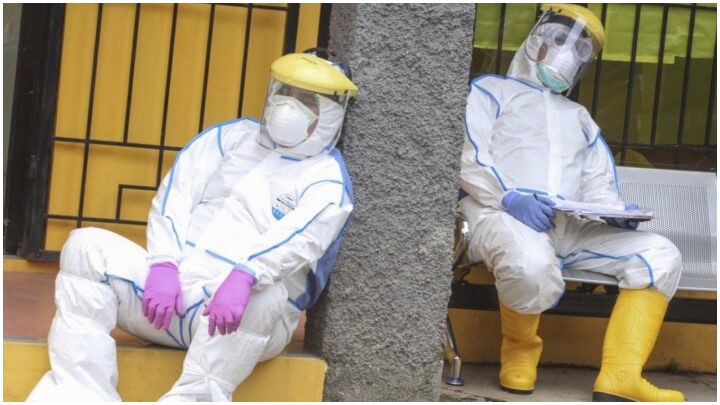
Why Were They Never in the News?
Despite all they accomplished, Action in Isolation received little to no mainstream media coverage. Why?
- They didn’t seek publicity.
- Their efforts were too “small scale” for national headlines.
- Most of their work happened in forgotten rural areas.
But for the people of KZN, these volunteers were nothing short of heroes.
A Legacy That Lives On
As the pandemic wanes, Action in Isolation continues to operate, now focusing on:
- Skills development
- Community farming
- Mental health support for families affected by COVID deaths
Their story serves as a reminder that real change often comes from the ground up—from people who act when others hesitate.
FAQs
Q1. What is “Action in Isolation”?
A grassroots volunteer group that provided COVID relief in KwaZulu-Natal during the peak of the pandemic.
Q2. How was the group funded?
Through personal donations, crowdfunding, and community partnerships with local farmers and stores.
Q3. What areas did they serve?
Primarily underserved and rural areas in KwaZulu-Natal, including Umlazi, Inanda, and parts of northern KZN.
Q4. Did they work with the government?
They collaborated with local ward councillors and community leaders but operated independently from state-run aid programs.
Q5. Are they still active today?
Yes, they have shifted their focus to community rebuilding, skills development, and mental health support.
How did individuals in isolation contribute to COVID relief in KwaZulu-Natal?
By taking action and serving the community when others couldn't.
